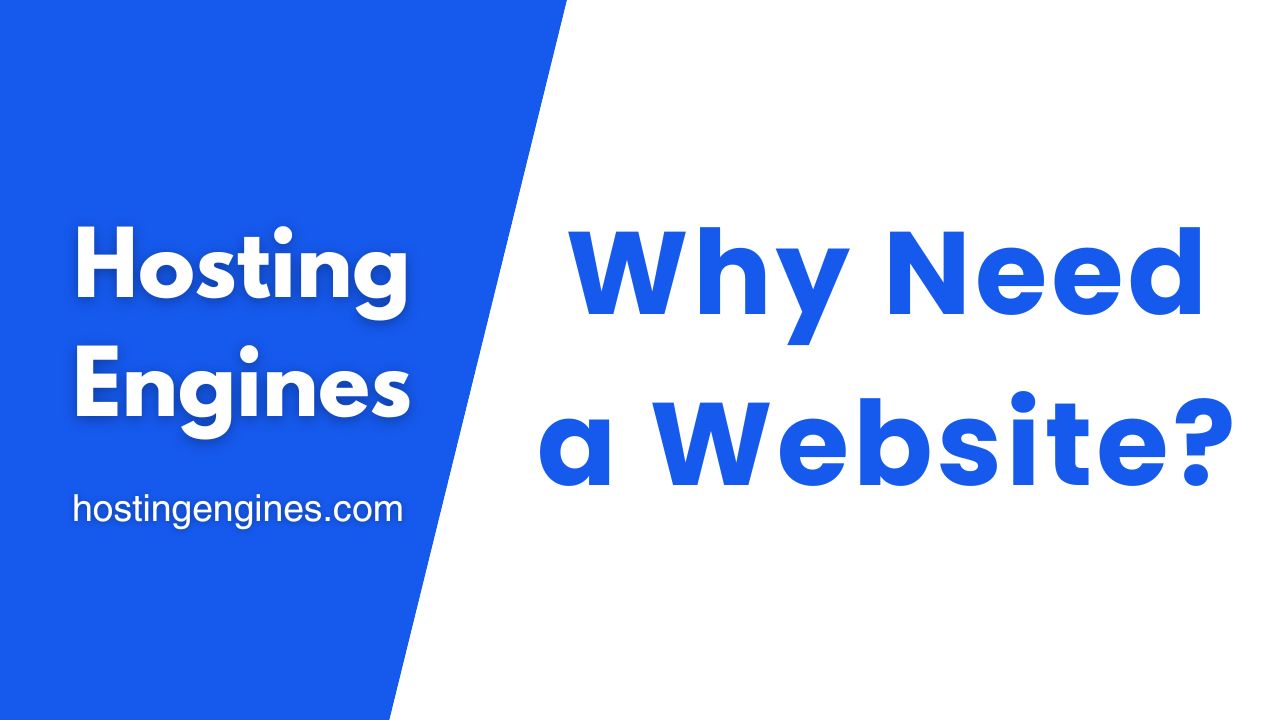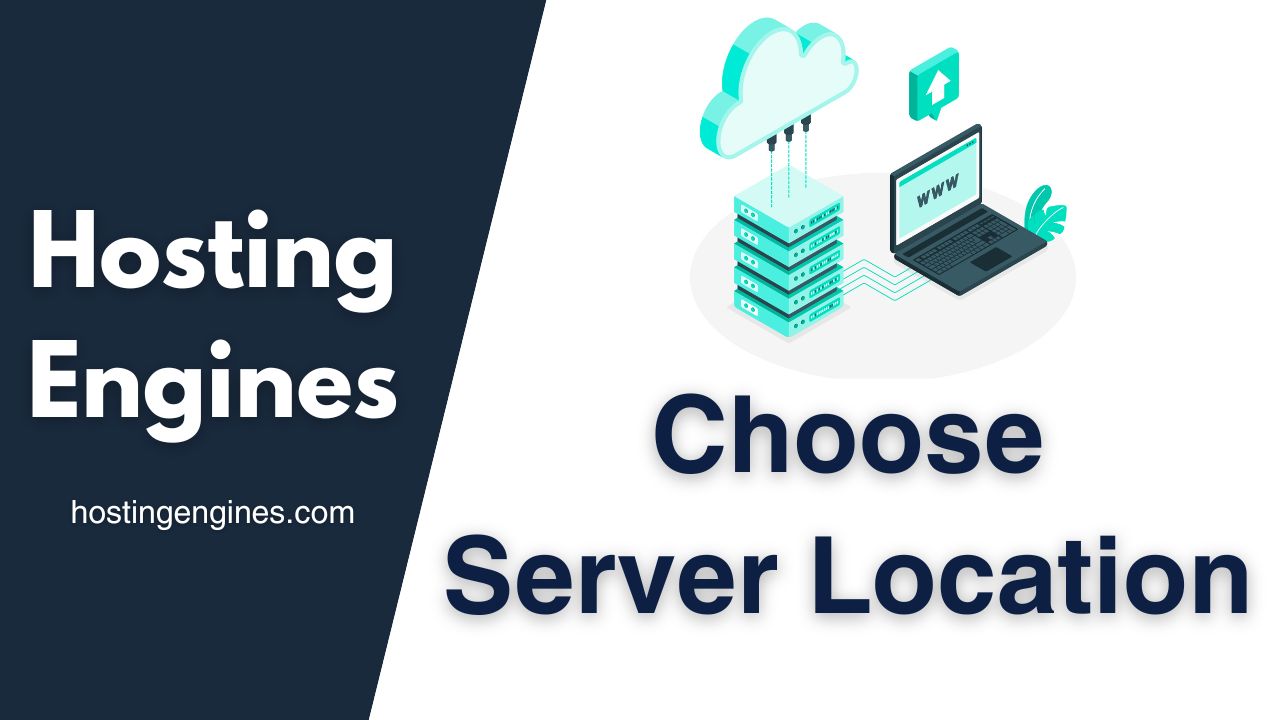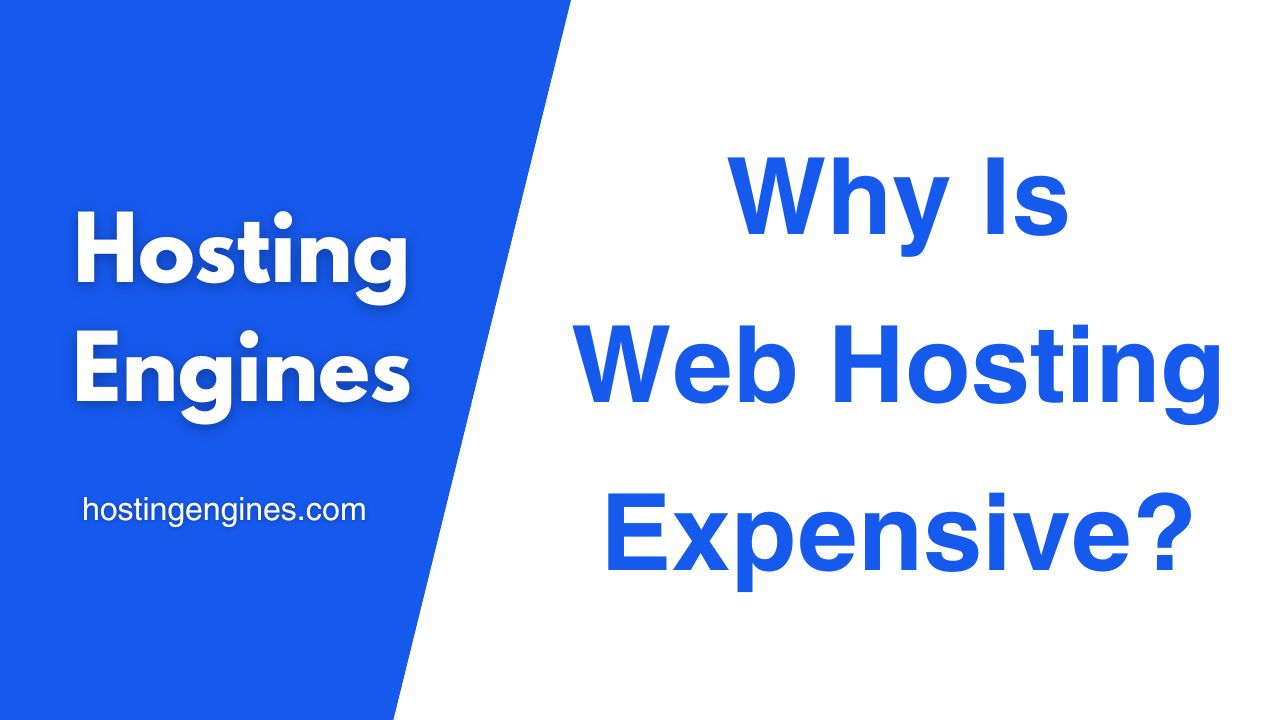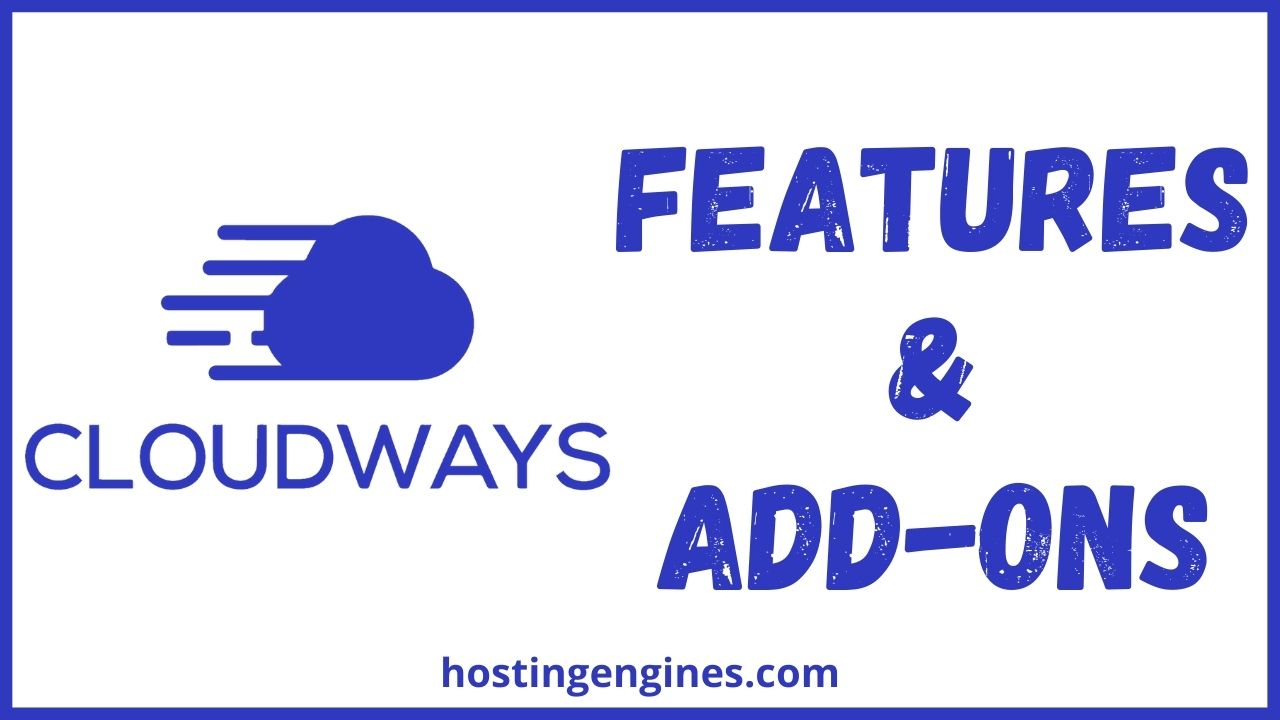Having a website for your business isn’t just an option—it’s a necessity. Whether you run a small local shop, a service-based business, or a large corporation, a website serves as your 24/7 storefront, marketing tool, and customer service hub.
But why exactly is a website so crucial? What benefits does it offer that traditional marketing can’t match? And how can a well-designed website boost sales, credibility, and growth?
In this comprehensive guide, we’ll explore:
- The Importance of a Business Website
- 10 Key Reasons Why Every Business Needs a Website
- What Happens If You Don’t Have a Website?
- Common Myths About Business Websites
- How to Get Started with Your Website
By the end, you’ll understand why a website is one of the smartest investments you can make for your business.
The Importance of a Business Website
A decade ago, businesses could rely solely on word-of-mouth, flyers, or local ads. But today, 96% of consumers search online before making a purchase. If your business isn’t online, you’re missing out on hundreds (or thousands) of potential customers.
A website acts as:
✅ Your digital business card – First impressions matter.
✅ A sales machine – Converts visitors into paying customers.
✅ A trust signal – People expect legitimate businesses to have a website.
✅ A competitive edge – If your competitor has one and you don’t, they’ll get the customers.
10 Reasons Why Every Business Needs a Website
1. Establishes Credibility & Trust:
Would you trust a business with no online presence? Most customers wouldn’t. A professional website with an “About Us” page, contact details, and testimonials builds trust instantly.
Fact: 75% of users judge a company’s credibility based on its website design.
2. 24/7 Accessibility – Your Business Never Sleeps:
Unlike a physical store, your website is open 24 hours a day, 7 days a week. Customers can browse products, book services, or contact you anytime, anywhere.
Example: A bakery with an online ordering system can take orders overnight, increasing sales without extra effort.
3. Expands Your Reach Beyond Local Customers:
A website breaks geographical barriers. With SEO (Search Engine Optimization), you can attract customers from different cities—or even countries.
Stat: 46% of Google searches are for local businesses. If you’re not online, you’re invisible to these potential buyers.
4. Cost-Effective Marketing Compared to Traditional Ads:
Print ads, billboards, and TV commercials are expensive and short-lived. A website, however, is a one-time investment that keeps working for you.
🔹 Comparison:
- A newspaper ad = $500 (one-time, lasts a day)
- A website = $500-$2000 (lasts years, reaches millions)
5. Showcases Your Products/Services Effectively:
A website lets you display:
High-quality images & videos
Pricing & packages
Detailed descriptions
Customer reviews
Tip: An eCommerce store (like Shopify or WooCommerce) can dramatically increase sales by letting customers buy directly from you.
6. Beats Competitors Who Aren’t Online:
If your competitors have a website and you don’t, they’re getting all the online traffic. A strong online presence helps you stand out and capture more leads.
Example: Two plumbers in the same city—one has a website with booking options, the other doesn’t. Who gets more calls?
7. Improves Customer Service & Engagement:
A website enhances customer experience with:
Live chat support
Contact forms
FAQ sections
Newsletter signups
Stat: 51% of customers prefer businesses that offer live chat support.
8. Builds Social Proof with Testimonials & Reviews:
Displaying customer reviews, case studies, and before/after photos builds trust and encourages new buyers.
Fact: 93% of consumers read online reviews before purchasing.
9. Enables E-Commerce & Online Sales:
If you sell products, an online store can double (or triple) your revenue by reaching customers who prefer shopping online.
Stat: Global eCommerce sales are expected to hit $8.1 trillion by 2026.
10. Provides Valuable Data & Insights:
Tools like Google Analytics track:
Who visits your site
Which devices they use
How they found you
What makes them buy (or leave)
This data helps you refine marketing strategies and improve conversions.
What Happens If You Don’t Have a Website?
🚫 You Lose Potential Customers – People will go to competitors who are online.
🚫 You Look Outdated – No website = less trust.
🚫 Harder to Market Your Business – Social media alone isn’t enough.
🚫 Miss Out on Sales Opportunities – No 24/7 sales channel.
Common Myths About Business Websites
❌ Myth 1: “Websites are too expensive.”
✅ Truth: You can start with a simple site for under $500.
❌ Myth 2: “Only big businesses need websites.”
✅ Truth: Small businesses benefit the most from online visibility.
❌ Myth 3: “Social media replaces a website.”
✅ Truth: Social media is great, but you don’t own it—algorithms can change anytime.
How to Get Started with Your Website
1️⃣ Choose a Domain Name (e.g., YourBusinessName.com)
2️⃣ Pick a Website Builder and/or a Web Hosting (WordPress, Wix, Shopify)
3️⃣ Design a Clean, Mobile-Friendly Layout
4️⃣ Add Essential Pages (Home, About, Services, Contact)
5️⃣ Optimize for SEO (To rank on Google)
6️⃣ Launch & Promote!
Final Thoughts
A website is a powerful tool that builds trust, expands your reach, boosts sales, saves marketing costs, and beats competitors.
If you don’t have a website yet, now is the time to start. The longer you wait, the more customers you lose to competitors who are already online.







